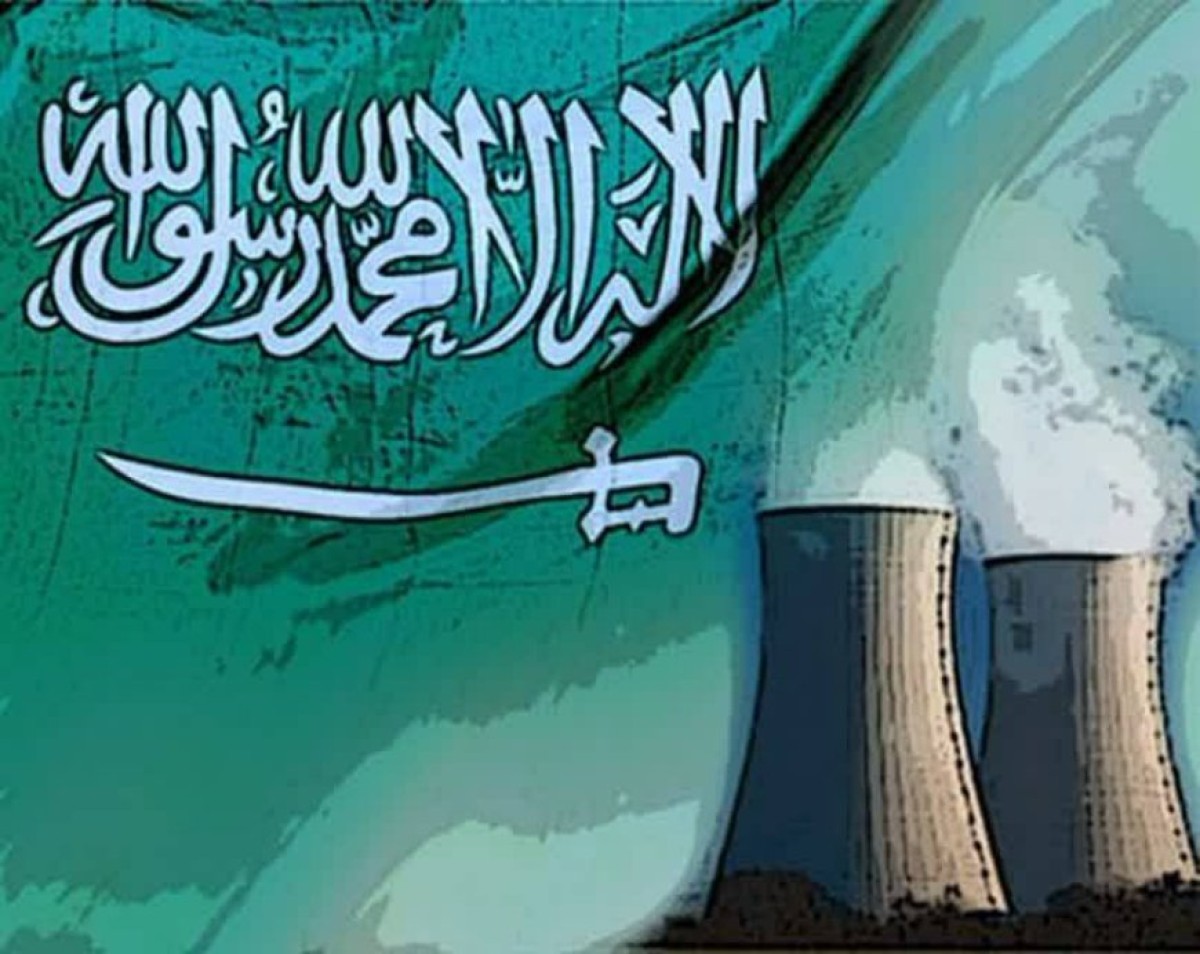 587
587
Saudi Arabia's Nuclear Gamble: A Threat to International Peace and Stability?
Saudi Arabia's Nuclear Gamble: A Threat to International Peace and Stability?
By: M.S. Qorbani
Saudi Arabia's preconditions for the United States to normalize relations with the Israeli regime are complex and far-reaching. At the forefront of these conditions is the nuclear cooperation between Saudi Arabia and the United States, a factor that has placed Washington in a delicate position. The strategic objective for Washington is to foster closer ties between Saudi Arabia and Israel, necessitating a careful consideration of Saudi demands regarding civilian nuclear cooperation and defense requests. This development has the potential to significantly alter the security landscape of the region.
Should the United States fail to negotiate a comprehensive ban on enrichment and be unwilling to make other concessions, there is a high likelihood that Saudi Arabia may pivot away from the process of normalizing relations with Israel and gravitate towards America's geopolitical rivals, such as China. In contrast to Washington, Beijing stands as a player capable of unconditionally supporting Saudi Arabia's nuclear enrichment endeavors. Riyadh could seize the opportunity to advance its nuclear weapons program with Beijing's backing. Consequently, Washington must acknowledge Saudi Arabia's peaceful nuclear aspirations while advocating for stringent measures and robust regulations to forestall arms proliferation by Saudi Arabia and prevent a regional arms race.
The desire to fortify national security, deter potential adversaries, and enhance geopolitical influence propels Saudi Arabia's quest for nuclear weapons. However, the primary impetus behind this ambition likely stems from the perceived nuclear prowess of Iran, Saudi Arabia's neighboring rival. Experts estimate that Saudi Arabia trails Iran by approximately 20 to 25 years in nuclear advancements. Any strides made by Saudi Arabia in the nuclear sphere could catalyze an arms race among other regional actors like the United Arab Emirates and Turkey. Riyadh, positioning itself as the regional hegemon, aims to preempt these countries, particularly the UAE, its chief competitor, from acquiring nuclear capabilities.
While Saudi Arabia has made initial strides in its nuclear program, its infrastructure remains in its nascent stages, with a research reactor in King Abdulaziz City as its primary asset. Nevertheless, Saudi Arabia has articulated ambitions to enhance its nuclear capabilities. In 2022, Saudi Arabia entertained technical proposals from various nations for the construction of two nuclear reactors. Subsequently, in 2023, Riyadh unveiled plans to utilize its local low-enriched uranium reserves as nuclear fuel, alongside minor uranium discoveries. Given its limited experience in the nuclear domain, Saudi Arabia relies on foreign partners to bolster its nuclear technology capacities and infrastructure.
The Biden administration has exhibited a favorable response to Saudi Arabia's overtures for civilian nuclear cooperation with the United States, heralding potential benefits for both nations. However, such collaboration must be meticulously navigated to serve the interests of both parties without exacerbating the risks of nuclear proliferation. Saudi officials advocate for the establishment of uranium enrichment facilities in Saudi Arabia by the United States, capable of producing low-enriched uranium for civilian nuclear reactor fuel. Yet, if not subject to stringent controls, these facilities could potentially lead to highly enriched uranium for military purposes, escalating nuclear proliferation concerns.
By endorsing enrichment facilities in Saudi Arabia, the United States risks undermining the global nuclear nonproliferation regime, as this move could set a precedent for other countries seeking similar privileges. How the United States manages its stance on Saudi Arabia's nuclear pursuits could reverberate across global nuclear dynamics, impacting alliances and nonproliferation efforts. As negotiations unfold, questions arise regarding the oversight and control mechanisms to prevent the diversion of sensitive technology by Saudi Arabia.
The current impasse facing the Saudi-American nuclear agreement underscores challenges such as US congressional approval, Israel's reservations on Saudi uranium enrichment, and Riyadh's wavering stance in the normalization talks, clouding the path to a consensus. Despite these hurdles, Riyadh views Washington as an indispensable partner, underscoring the historical ties between the two parties. Moving forward, Washington must persist in negotiations, cognizant of the potential ramifications on regional power dynamics and global nuclear calculus arising from the resolution of these deliberations.
In conclusion, the intricacies of Saudi Arabia's conditions for normalizing relations with the United States, particularly regarding nuclear cooperation, underscore a critical juncture in regional security dynamics. As negotiations unfold, both parties must navigate the delicate balance between advancing peaceful nuclear ambitions and mitigating proliferation risks. The outcome of these discussions carries profound implications for regional stability and global nonproliferation efforts. It is imperative for Washington to tread carefully, considering the broader impact on Middle Eastern power dynamics and international nuclear agendas.
 587
587
Comment
Post a comment for this article